EDF Economics Advisory Council
EDF's Economic Advisory Council, launched in September 2014, is comprised of some of the best minds and includes top academics, applied policy economists and practitioners. Together we can expand our impact.
-

Spencer Banzhaf
EAC Chair
North Carolina State UniversitySpencer Banzhaf is a Professor in the Dept. of Agricultural and Resource Economics at North Carolina State University, the director of the Center for Environmental and Resource Economic Policy, and the editor of the Review of Environmental Economics and Policy. He specializes in estimating household's values for non-market goods such as environmental quality. In related work, he has suggested ways to measure and construct indexes of ecosystem services. Two themes in Banzhaf's work are the distributional welfare effects of environmental policies and the interactions among local environmental amenities, local real estate markets, and the demographic composition and structure of cities. He also studies the history of environmental economics and policy.
Prof. Banzhaf received his PhD in economics from Duke University in 2001. In addition to his roles at NCSU and EDF, he is a fellow at the National Bureau of Economic Research (NBER) and the Property and Environment Research Center (PERC). -
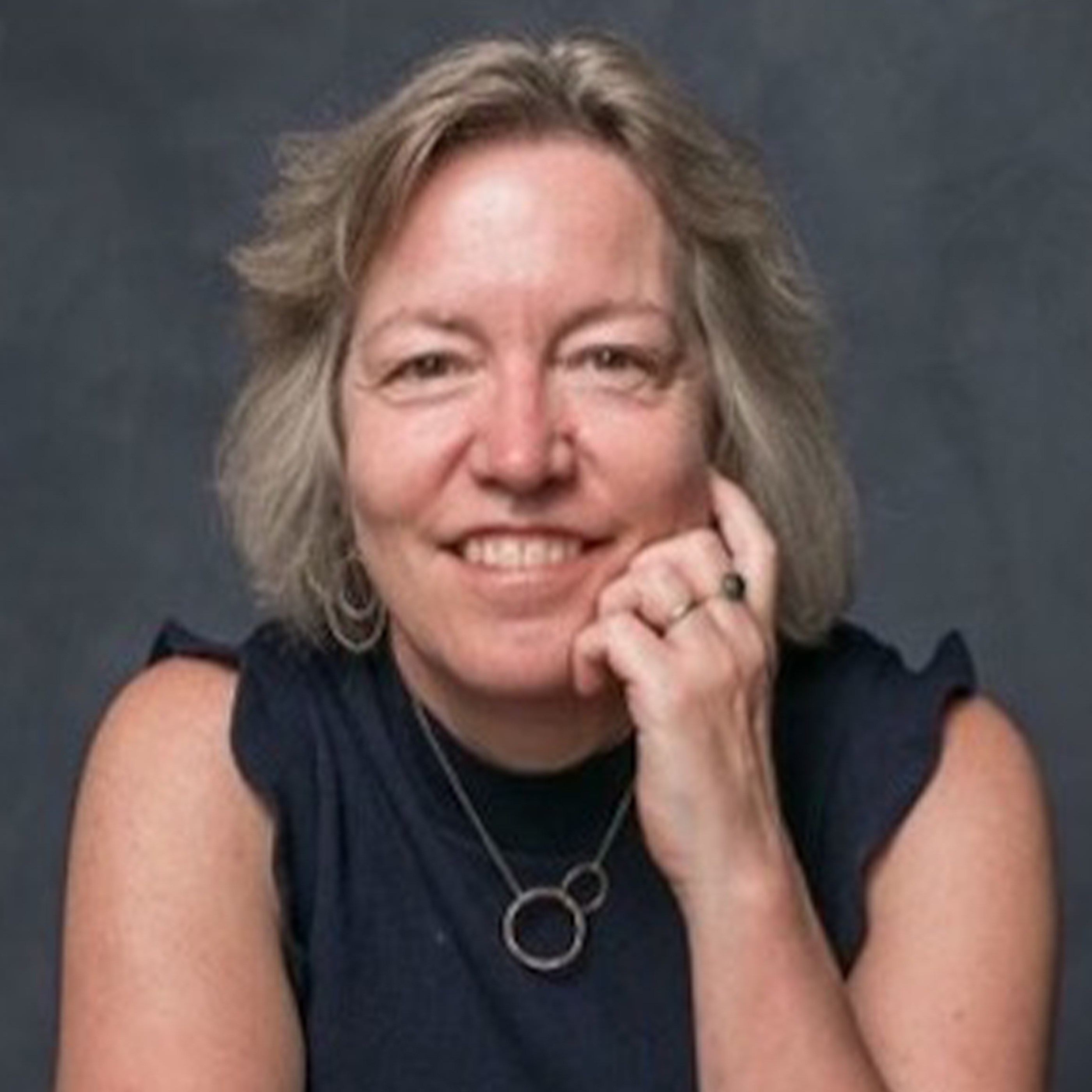
Catherine L. Kling
Cornell UniversityCatherine L. Kling is a Tisch University Professor in the Dyson School of Applied Economics and Management, member of the Brooks School of Public Policy. She is past Director of the Center for Agricultural and Rural Development at Iowa State University where she also held the President's Chair in Environmental Economics. She was elected to the National Academy of Sciences in 2015. Kling has published over 100 refereed journal articles which have received over 17,000 citations with an h-index of 55. She has been PI or co-PI on over $15 million in grant, including serving as PI on two NSF interdisciplinary grants (a CNH grant, 2010 2012 and a WSC grant, 2012-2013). Kling specializes in the economic valuation of ecosystem services, water quality, and interdisciplinary integrated assessment modeling. Kling is past chair of the Water Science and Technology Board of the National Academy of Sciences, served ten years on EPA’s Science Advisory Board, and chaired the Environmental Economics Advisory Committee from 2006 – 2011. She is an editorial board member of the Proceedings of the National Academy of Sciences and was past editor of the Review of Environmental Economics and Policy. She is an elected Fellow of the Association of Environmental and Resources Economists, the Agricultural & Applied Economics Association, the American Association for the Advancement of Science, and a Fellow at the Center for Agricultural and Rural Development and Resources for the Future.
-
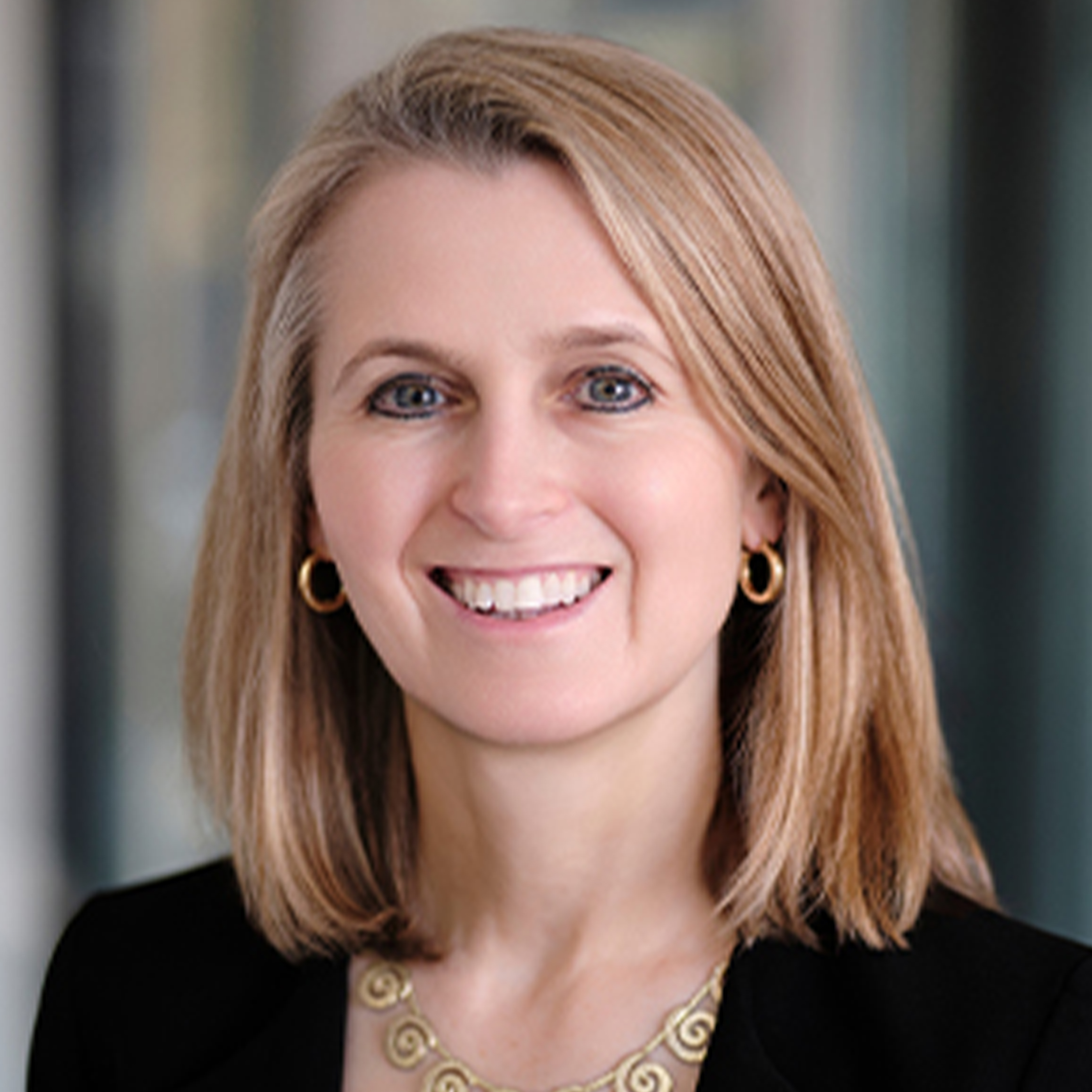
Catherine Wolfram
MITCatherine Wolfram is the William Barton Rogers Professor of Energy Economics at the MIT Sloan School of Management. She previously served as the Cora Jane Flood Professor of Business Administration at the Haas School of Business at UC Berkeley.
From March 2021 to October 2022, she served as the Deputy Assistant Secretary for Climate and Energy Economics at the U.S. Treasury, while on leave from UC Berkeley. Before leaving for government service, she was the Program Director of the National Bureau of Economic Research's Environment and Energy Economics Program and a research affiliate at the Energy Institute at Haas. Before joining the faculty at UC Berkeley, she was an Assistant Professor of Economics at Harvard.
Wolfram has published extensively on the economics of energy markets. Her work has analyzed rural electrification programs in the developing world, energy efficiency programs in the US, the effects of environmental regulation on energy markets and the impact of privatization and market restructuring in the US and UK. She is currently working on projects at the intersection of climate, energy, and trade, including work on carbon pricing, carbon border adjustment mechanisms and oil market sanctions. She received a PhD in Economics from MIT in 1996 and an AB from Harvard in 1989. -

Daniel Kaffine
University of Colorado BoulderDaniel Kaffine is a professor in the Department of Economics and an institute fellow in the Renewable and Sustainable Energy Institute at the University of Colorado Boulder. He received his Ph.D. in Environmental Science and Management from the University of California, Santa Barbara in 2007. He is an associate editor at Resource and Energy Economics and European Economic Review and serves on the editorial council for the Journal of the Association of Environmental and Resource Economists and the Journal of Environmental Economics and Management. Recent and ongoing research projects examine the impacts of the rapidly increasing role of renewable energy in the electricity sector, emerging space sustainability challenges in low-earth orbit, the environmental effects of transportation policy, the intersection of energy and environmental policy, and the role of property rights and institutions on natural resource use and conservation.
-

Frances Moore
UC DavisFran Moore is a Professor in the Department of Environmental Science and Policy at UC Davis, working at the intersection of environmental economics and climate science. Her research seeks to improve our understanding of the economic and social impacts of climate change and to better understand our ability to adapt to those impacts. Her work uses a variety of quantitative methods including econometrics, meta-analysis, and machine learning, system dynamics, general equilibrium, and integrated assessment modeling, combined with use of climate model output. She currently holds the Hurlston Presidential Chair is a UC Davis Chancellor’s Fellow. Between 2022 and 2023, Professor Moore served as a Senior Economist in the Council of Economic Advisors, covering climate, environment, and clean energy issues.
-
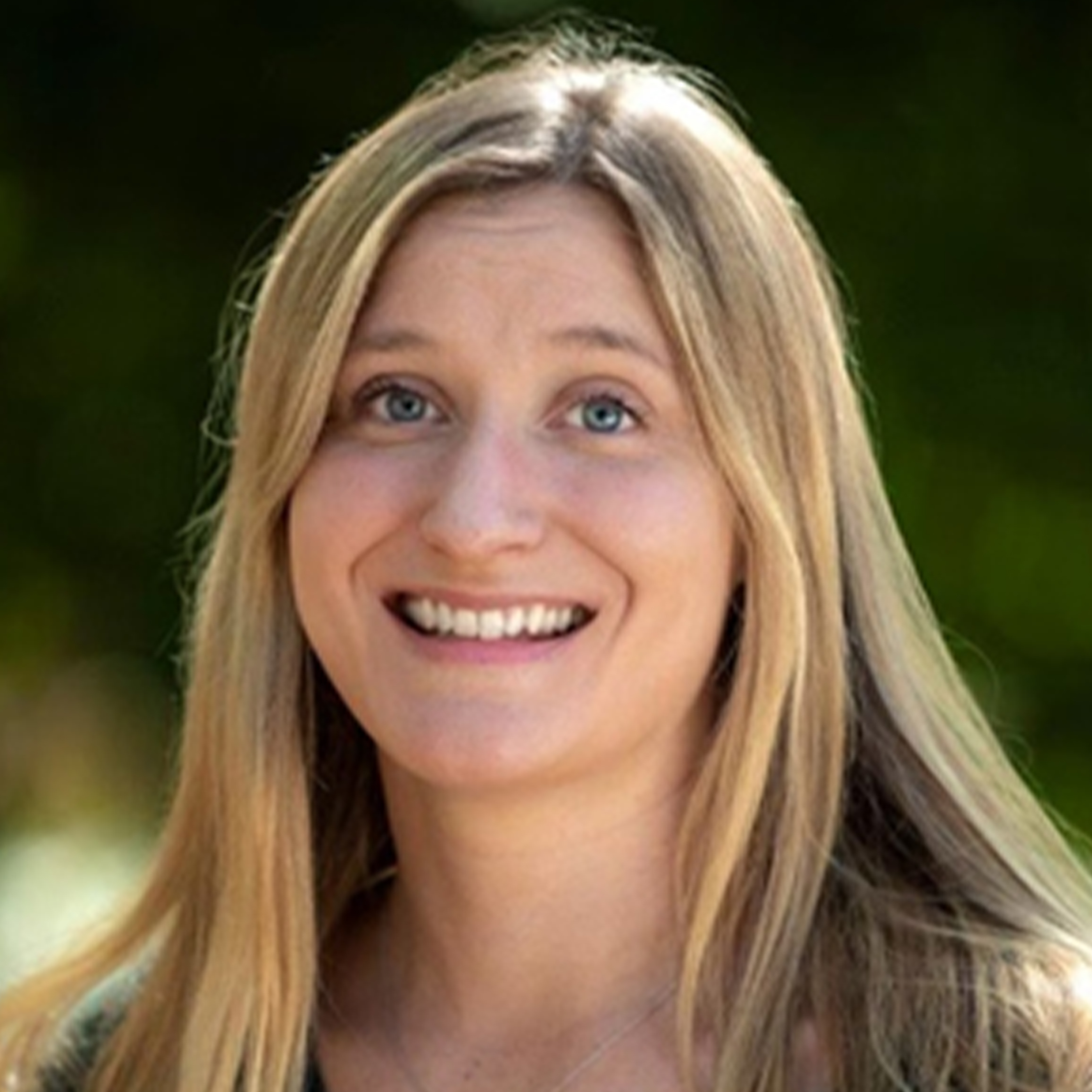
Hannah Druckenmiller
California Institute of TechnologyHannah Druckenmiller is an Assistant Professor of Economics and William H. Hurt Scholar at the California Institute of Technology (Caltech), a Faculty Research Fellow at the National Bureau of Economic Research (NBER), a University Fellow at Resources for the Future and an affiliate of Caltech’s Linde Center for Science, Society, and Policy. Her research aims to provide empirically based estimates for the environmental benefits and economic costs associated with natural resource protection. For example, she has work quantifying the flood mitigation value of natural lands, developing new approaches for accounting for ecosystem services in climate policy, and identifying cost-effective climate adaptation solutions.
-
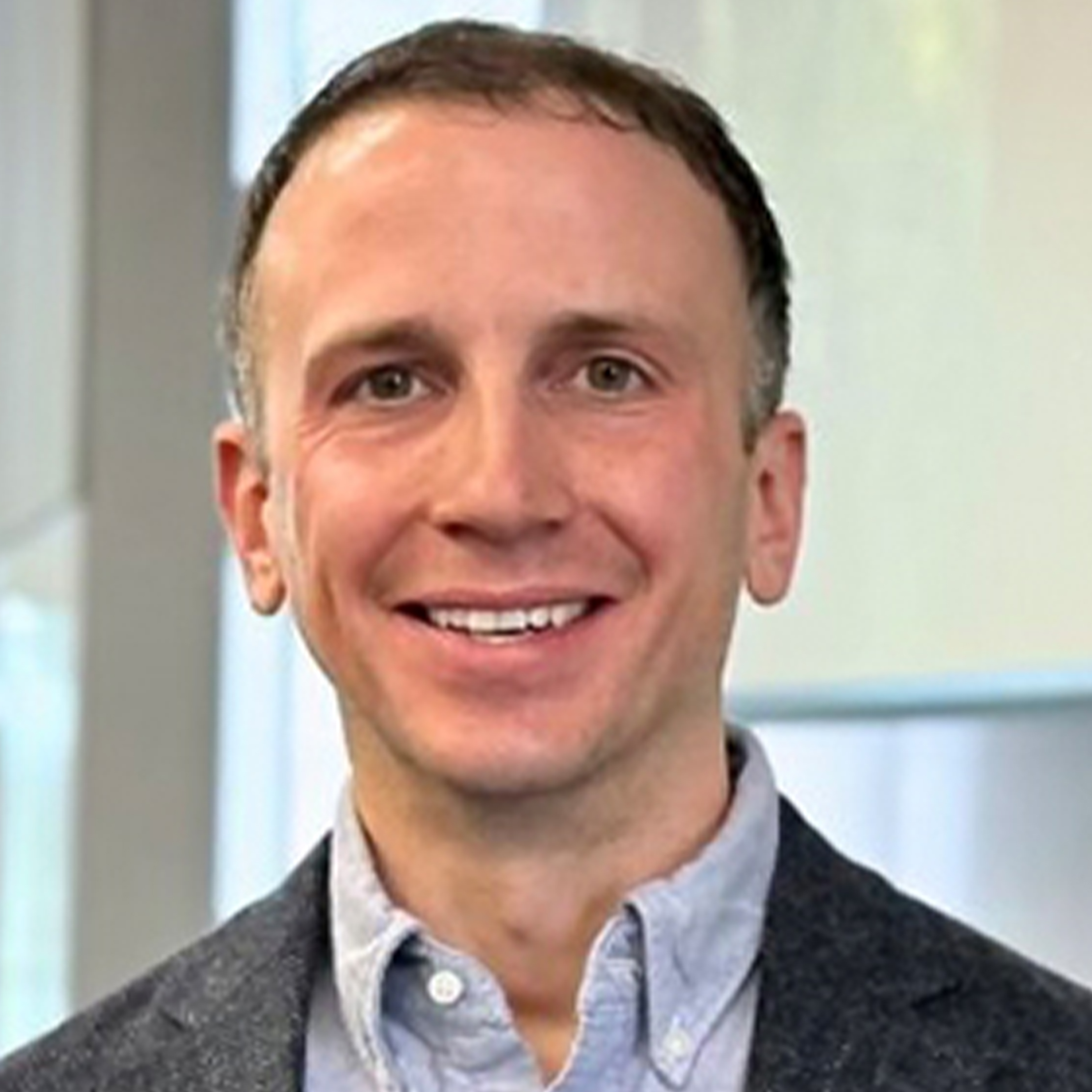
Ivan Rudik
Cornell UniversityIvan Rudik is an associate professor of Applied Economics and Policy in the SC Johnson College of Business at Cornell University. He is an environmental economist who works on climate change and air pollution focusing on impacts, adaptation, and the design of policy.
-
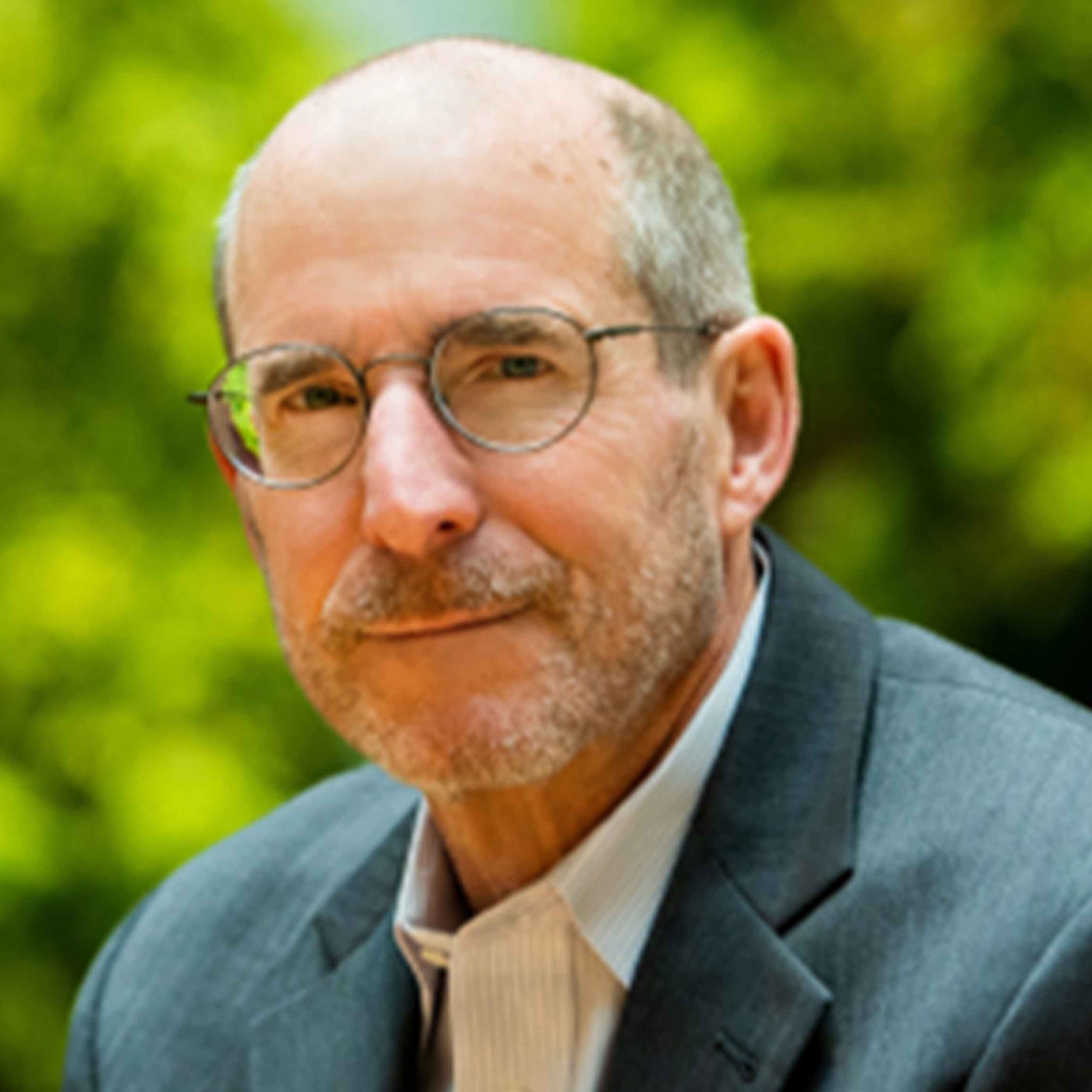
James H. Stock
Harvard UniversityJames H. Stock is Vice Provost for Climate and Sustainability, Harvard University; the Director of the Salata Institute for Climate and Sustainability, Harvard University; and the Harold Hitchings Burbank Professor of Political Economy at Harvard University. His current research includes energy and environmental economics with a focus on fuels and on U.S. climate change policy. He is co-author, with Mark Watson, of a leading undergraduate econometrics textbook. In 2013–2014, he served as Member of President Obama’s Council of Economic Advisors, where his portfolio included macroeconomics and energy and environmental policy. He was Chair of the Harvard Economics Department from 2007–2009. He holds a M.S. in Statistics and a Ph.D. in Economics from the University of California, Berkeley.
-

Jonathan Proctor
University of British ColumbiaJon is an assistant professor in Food and Resource Economics at the University of British Columbia. Before UBC, he was a postdoctoral fellow at Harvard with the Data Science Initiative and the Center for the Environment. He received his PhD in Agriculture and Resource Economics from UC Berkeley in 2019. Jon’s research develops and applies new methods to empirically estimate anthropogenic impacts on climate and, in turn, on global socio-environmental systems. He is particularly fascinated by how light, water, and temperature determine crop growth and how high resolution imagery can be used to measure socio-environmental conditions. The research uses tools from economics, agronomy, climate science, remote sensing, and machine learning to help answer policy-relevant questions.
-

Joseph E. Aldy
Harvard UniversityJoseph Aldy is the Teresa and John Heinz Professor of the Practice of Environmental Policy at the Harvard Kennedy School, a University Fellow at Resources for the Future, a Faculty Research Fellow at the National Bureau of Economic Research, and a Senior Adviser at the Center for Strategic and International Studies. His research focuses on climate change policy, energy policy, and regulatory policy. He also chairs the Faculty Steering Committee to the Salata Institute’s Climate Action Accelerator. In 2009-2010, he served as the Special Assistant to the President for Energy and Environment at the White House. Aldy previously served as a Fellow at Resources for the Future, Co-Director of the Harvard Project on Climate Agreements, Co-Director of the International Energy Workshop, and worked on the staff of the President's Council of Economic Advisers. He earned his doctorate in economics from Harvard University and MEM and bachelor’s degrees from Duke University.
-

Kyle Meng
UC Santa BarbaraKyle Meng is an Associate Professor at the Bren School of Environmental Management and the Department of Economics at the University of California, Santa Barbara, where he is the Climate and Energy Director at UCSB’s Environmental Markets Lab. He is a Faculty Research Fellow at the National Bureau of Economic Research, University Fellow at Resources for the Future, board member at Union of Concern Scientists, and Senior Associate at Center for Strategic and International Studies. He served as Senior Economist for climate, energy, and environment at the White House Council of Economic Advisers in the Biden Administration.
An environmental economist with training in engineering and atmospheric physics, Dr. Meng studies the effectiveness, efficiency, and equity consequences of environmental policies, with a focus on climate change. Dr. Meng has published in leading science and economics journals his research is regularly discussed by major media outlets and policymakers. Dr. Meng received his PhD in Sustainable Development from Columbia University and his Bachelor’s in Civil and Environmental Engineering from Princeton University. -
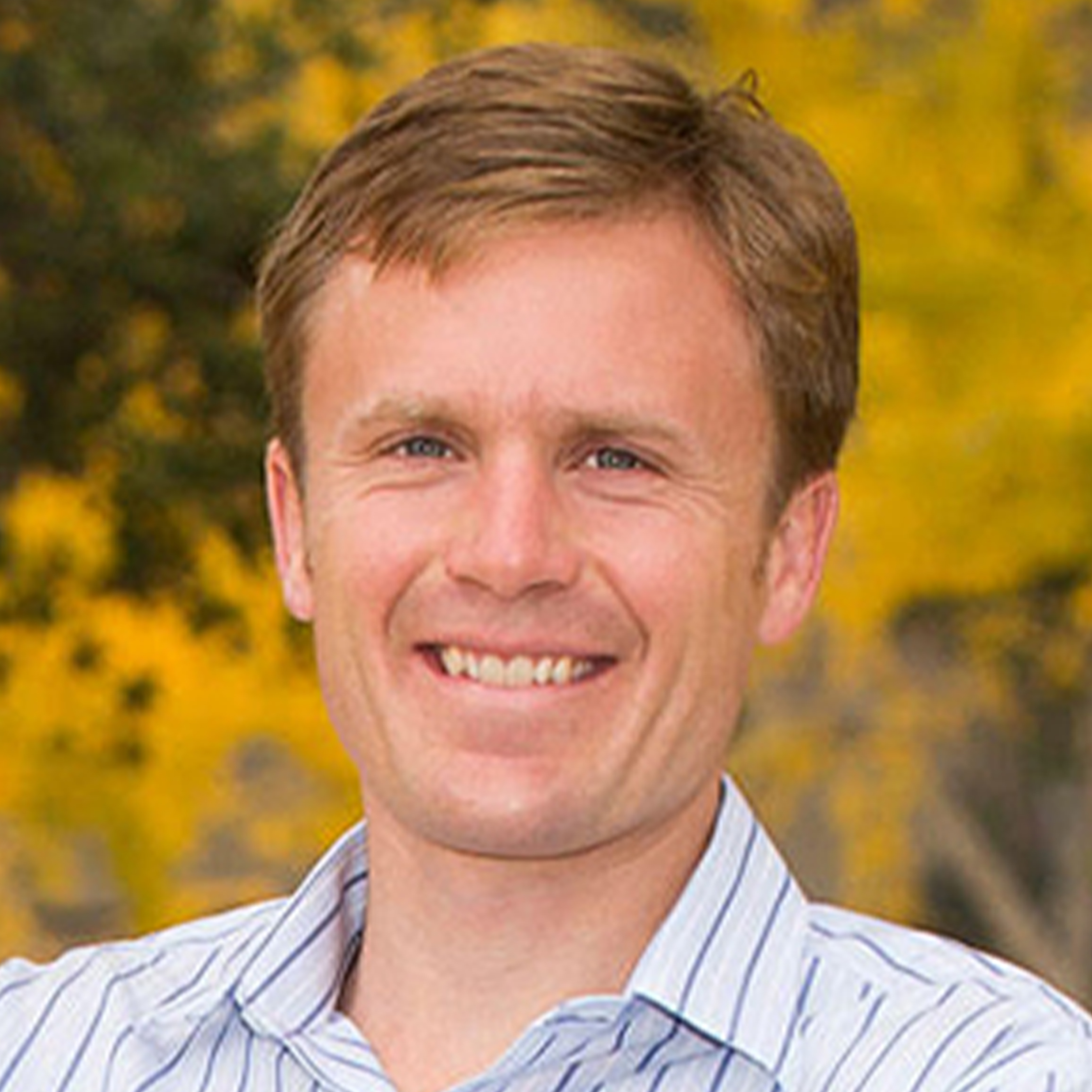
Marshall Burke
Stanford UniversityMarshall Burke is professor of Global Environmental Policy in the Doerr School of Sustainability at Stanford, a senior fellow at the Center on Food Security and the Environment, the Freeman Spogli Institute for International Studies, the Stanford Woods Institute for the Environment, and Stanford Institute for Economic Policy Research, all at Stanford. He is also a research fellow at the National Bureau of Economic Research. His research uses tools from the social and natural sciences to measure environmental change, how society is impacted by this change, and how it can respond. He holds a PhD in Agricultural and Resource Economics from UC Berkeley, and a BA in International Relations from Stanford. He directs the Environmental Change and Human Outcomes Lab at Stanford, is co-founder of AtlasAI, and co-creator of the Environmental Hazards Adaptation Atlas.
-

Matthew Kotchen
Yale UniversityMatthew Kotchen is the Langdon K. Storm professor of economics in the Yale School of the Environment, with secondary appointments in the Yale School of Management and the Department of Economics. He is a research associate at the National Bureau of Economic Research (NBER) and a fellow of the CESifo Network. Professor Kotchen's research interests lie at the intersection of environmental and public economics and policy. Kotchen joined the Yale faculty in 2009 and has held previous and visiting positions at Williams College, University of California (Santa Barbara and Berkeley), Stanford University, and Resources for the Future. Professor Kotchen has also served as the Associate Dean of Academic Affairs, the Deputy Assistant Secretary for Environment and Energy at the U.S. Department of the Treasury in Washington, DC, the visiting chief economist at the Environmental Defense Fund (EDF), and as a member of the Environmental Economics Advisory Committee of the U.S. Environmental Protection Agency.
-
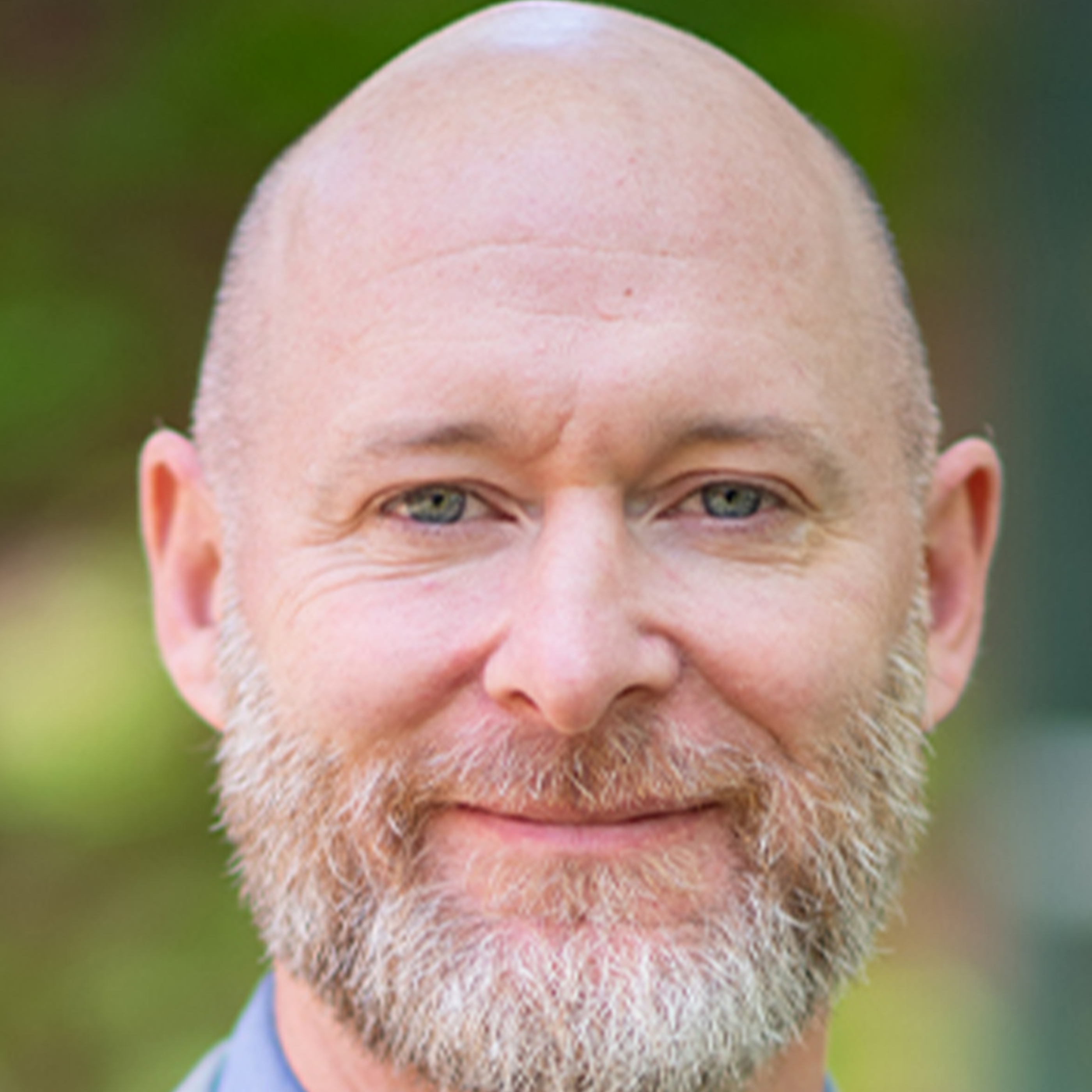
Michael A. Livermore
University of VirginiaMichael A. Livermore is a professor at the University of Virginia School of Law. His research focuses on environmental law and economics, cost-benefit analysis, and AI and law. He is the author of dozens of academic works, which have appeared in top law journals as well as peer-reviewed legal, philosophical, scientific, and social science journals. His books include Reviving Rationality: Saving Cost-Benefit Analysis for the Sake of the Environment and Our Health (Oxford University Press 2020) (with Richard L. Revesz) and The Globalization of Cost-Benefit Analysis in Environmental Policy (Oxford University Press 2013) (ed. with Richard L. Revesz). Prior to joining UVA Law, Livermore was the founding executive director of the Institute for Policy Integrity at NYU Law, a think tank dedicated to improving the quality of government decision-making. He is a graduate of New York University School of Law, clerked for Judge Harry T. Edwards on the U.S. Court of Appeals for the D.C. Circuit, and serves as a senior fellow of the Administrative Conference of the United States.
-

Robert Heilmayr
UC Santa BarbaraRobert Heilmayr is an associate professor of environmental and ecological economics at the University of California, Santa Barbara's Environmental Studies Program and the Bren School of Environmental Science and Management. In his research, Robert combines methods of causal inference from economics with data made possible through advances in Earth observation to answer questions about how society protects and restores nature. Robert received his B.A. from Claremont McKenna College, and an M.A. in Economics and a Ph.D. in Environment and Resources from Stanford University. Robert’s research has been published in top scientific journals, including Science, the Proceedings of the National Academy of Sciences, and the Journal of the Association of Environmental and Resource Economists. He serves as the director of the Environmental Markets Lab’s Land and Freshwater Program, and strives to translate his research into action through participation in policy processes (e.g. Intergovernmental Panel on Climate Change, UN Forum on Sustainability Standards).
-

Simone Borghesi
European University InstituteSimone Borghesi is Director of the Florence School of Regulation – Climate, part-time professor at the EUI, President of EAERE (European Association of Environmental and Resource Economists), and Vice-Rector for International Relations at the University of Siena. He received an M.Sc. in Economics from University College London and a Ph.D. in Economics from the European University Institute. He worked at the International Monetary Fund, at the Fondazione ENI Enrico Mattei, and as Assistant Professor at the University of Pescara. He has been a visiting scholar at INRA – Institute National de la Recherche Agronomique, at the Department of Land Economy of the University of Cambridge, and the Centre of Economic Research of ETH.
-
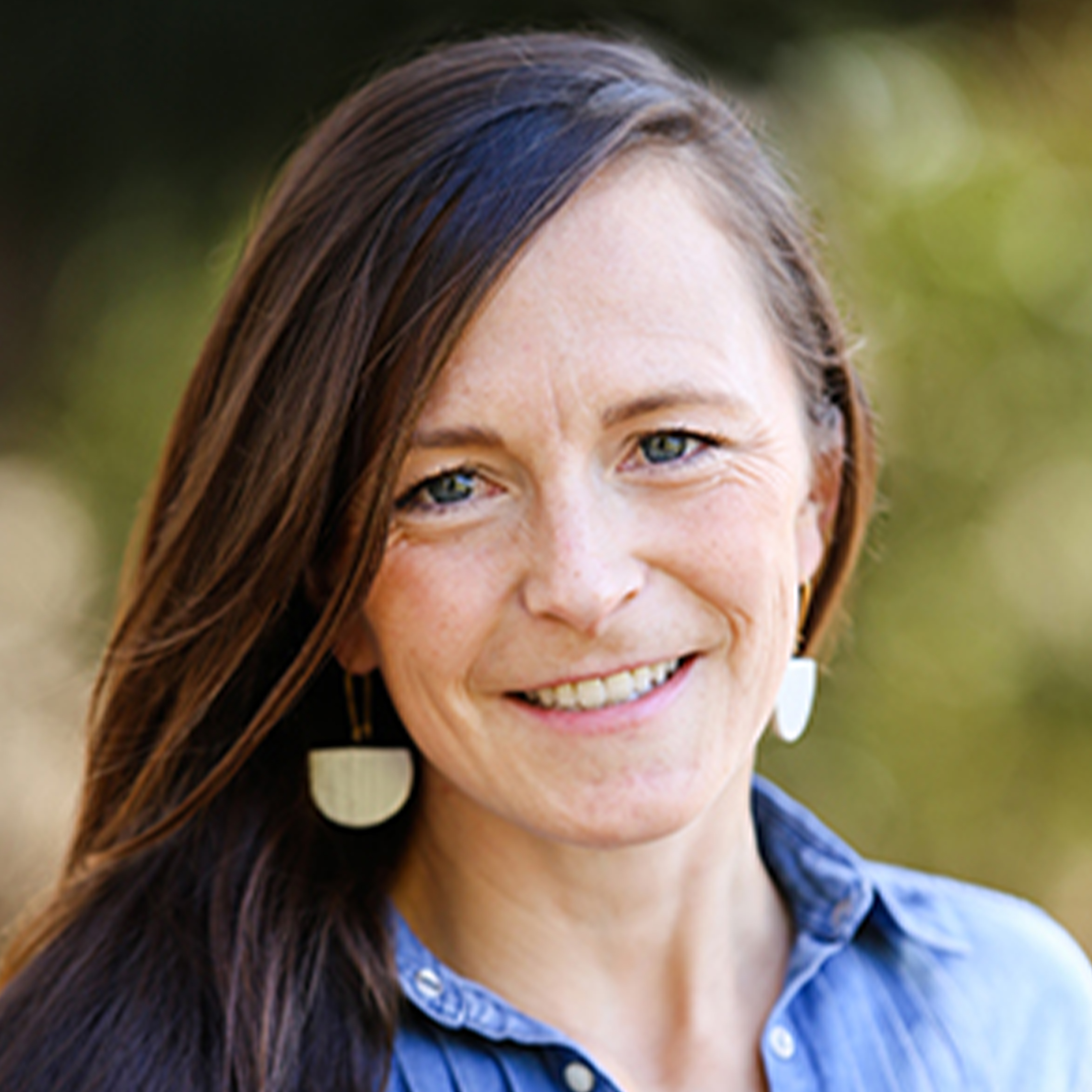
Tamma Carleton
UC BerkeleyTamma is an Assistant Professor of Agricultural and Resource Economics at University of California, Berkeley. Her research combines economics with datasets and methodologies from remote sensing, data science, and climate science to quantify how environmental change and economic development shape one another. Her focus is on climate change, water scarcity, and mental and physical health. Tamma is Faculty Head of Research at the Climate Impact Lab, a research associate at the Environmental Markets Lab, a faculty advisor at CEGA, a Beijer Young Scholar, a faculty research fellow at the National Bureau of Economic Research, and a member of the National Academy of Sciences Environmental Health Matters Initiative Standing Committee. She holds a PhD in Agricultural and Resource Economics from the University of California, Berkeley and MSc.'s in Environmental Change and Management as well as Economics for Development from the University of Oxford, where she was a Rhodes Scholar.
-
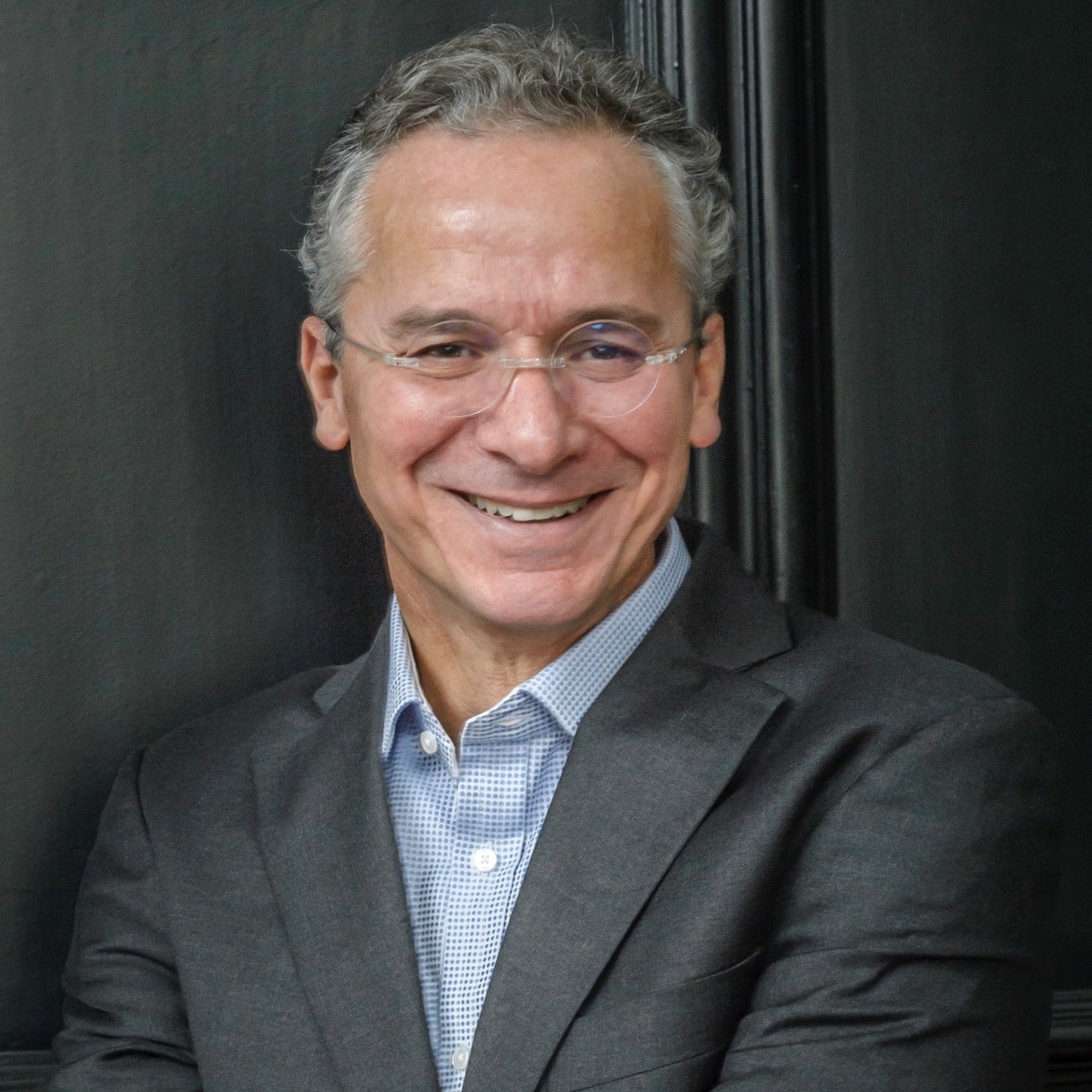
Scott Barrett
Columbia UniversityScott Barrett is the Lenfest-Earth Institute Professor of Natural Resource Economics at Columbia University, based in the School of International and Public Affairs and the Earth Institute. He was previously at the Johns Hopkins University School of Advanced International Studies and, before that, the London Business School. He has also held many visiting appointments—including, most recently, as Centennial Professor at the London School of Economics.
He has published numerous papers and two books on achieving international cooperation through international law, and applied his theories to a range of issues, including climate change, infectious disease eradication, biodiversity conservation, and ocean governance. He has received numerous awards for his research. In 2024 he was elected to the National Academy of Sciences.
He has also played a variety of roles in the policy arena, including as a lead author of the Intergovernmental Panel on Climate Change and as a member of the World Health Organization’s Strategic Advisory Group on Malaria Eradication.
He received a PhD in Economics from the London School of Economics.










